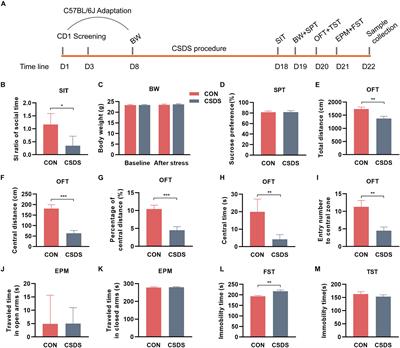REVIEW
Published on 19 Nov 2021
Dietary Regulation of Gut-Brain Axis in Alzheimer’s Disease: Importance of Microbiota Metabolites
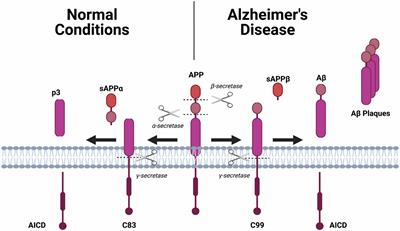
doi 10.3389/fnins.2021.736814
- 10,360 views
- 38 citations
8,767
Total downloads
34k
Total views and downloads
REVIEW
Published on 19 Nov 2021

MINI REVIEW
Published on 22 Oct 2021
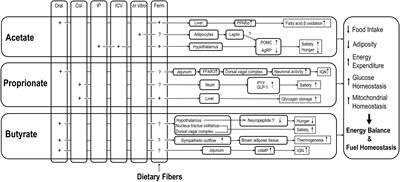
REVIEW
Published on 21 Oct 2021
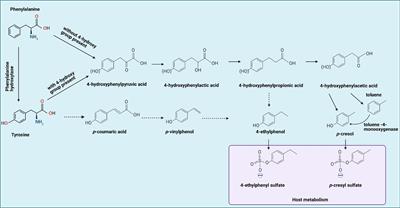
ORIGINAL RESEARCH
Published on 18 Oct 2021
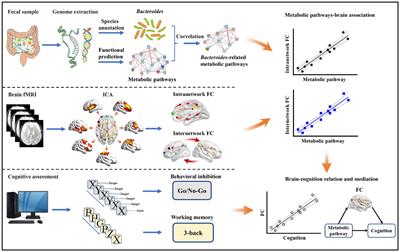
ORIGINAL RESEARCH
Published on 19 Jul 2021
